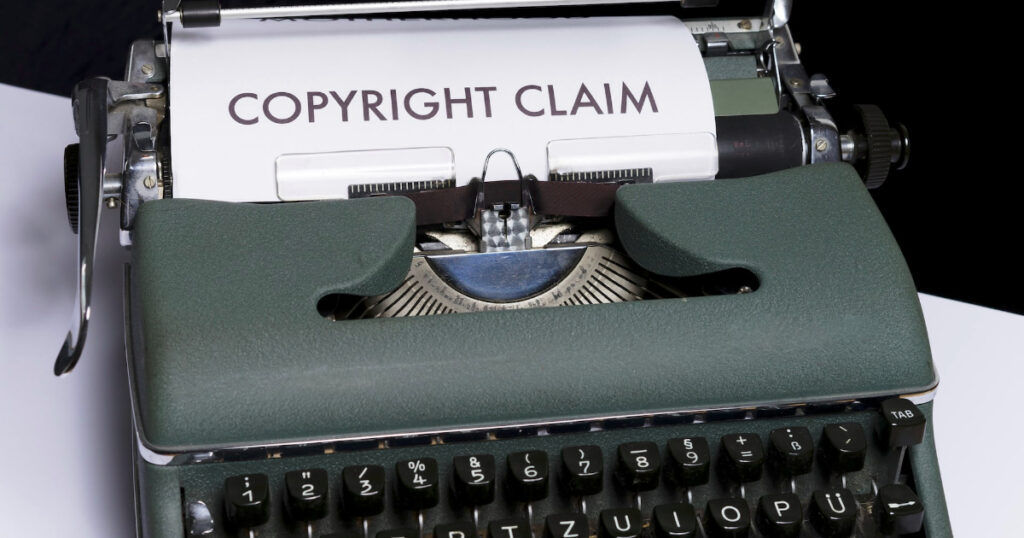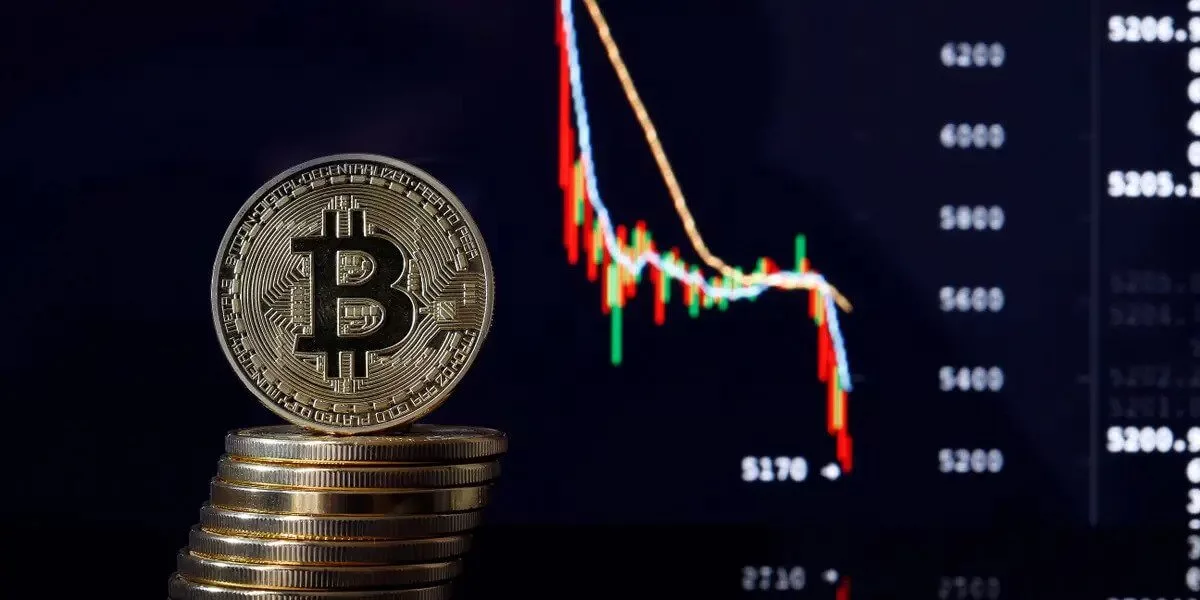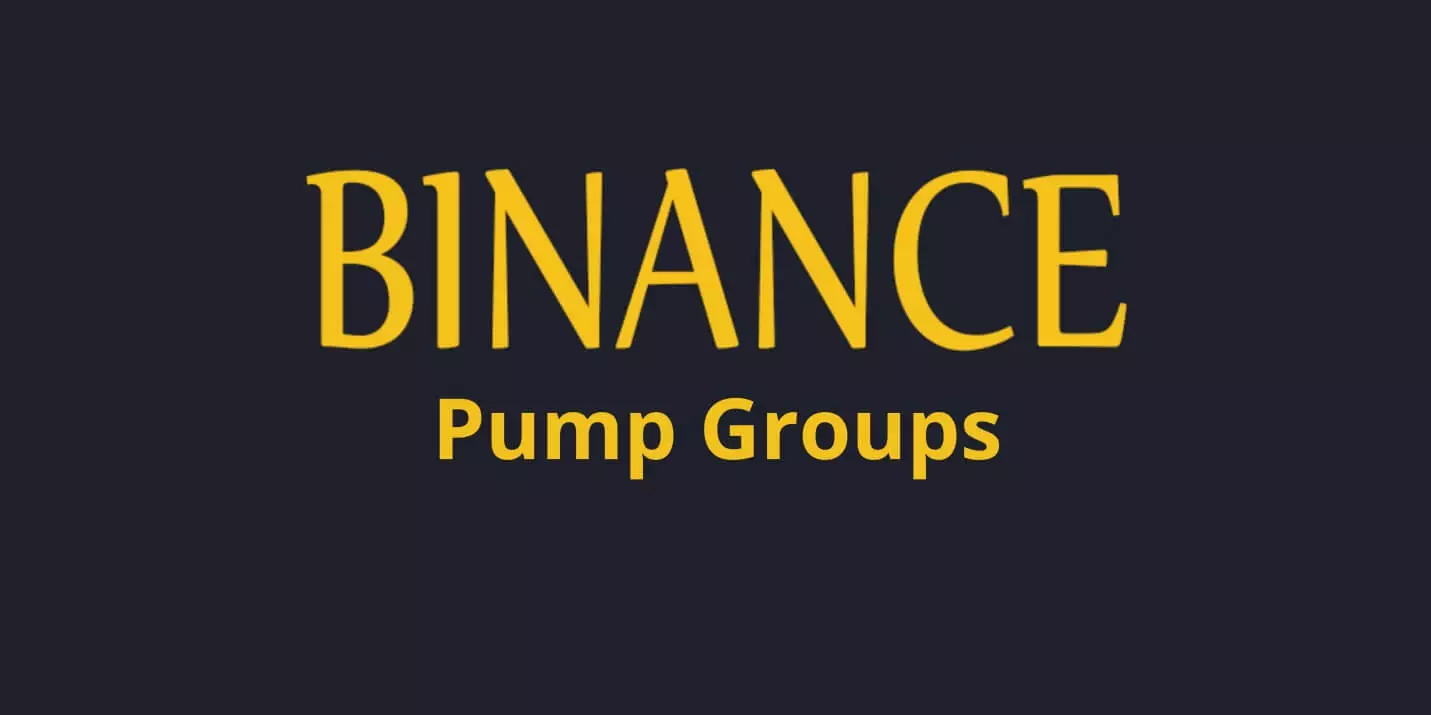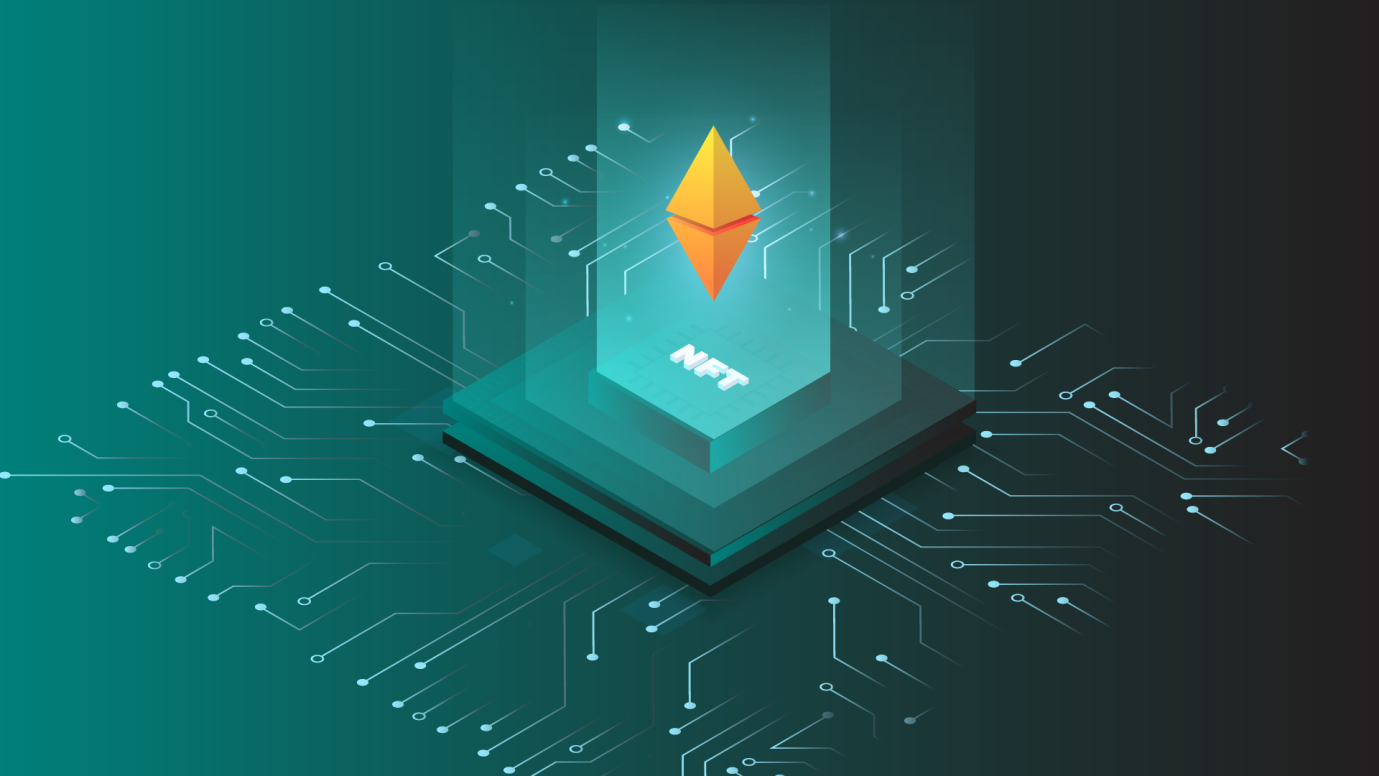Judge Dismisses Copyright Claims Against GitHub and OpenAI

Content
Key Insights
- The judge dismissed DMCA claims against Microsoft, OpenAI, and GitHub, citing a lack of proof.
- Legal win for tech giants as claims of Copilot copying human code are dismissed.
- Dismissal allows Microsoft, OpenAI, and GitHub to advance AI coding tools amid legal challenges.
In a recent legal development, a California Northern District Judge has partially dismissed claims against Microsoft, OpenAI, and GitHub regarding the unauthorized use of intellectual property for training the GitHub Copilot artificial intelligence coding software. Initially filed in 2022, the lawsuit alleged that OpenAI “scraped” GitHub for human-created coding snippets to train Copilot without proper permission, compensation, or credit.
The lawsuit was brought forth by five anonymous complainants, each labeled “John Doe” in court documents. The complainants sought compensation of $1 billion, asserting that Copilot reproduced human-generated code verbatim. They argued that using code without proper attribution could jeopardize the open-source movement.
However, the judge overseeing the case, Jon S. Tigar, dismissed the class claims under the Digital Millennium Copyright Act (DMCA). According to reports from Bloomberg Law and Law360, the dismissal occurred because the complainants failed to demonstrate that Copilot reproduced their code identically.
Judge’s Decision and Legal Reasoning
Judge Tigar’s dismissal, filed on June 24 and unsealed on July 5, stated that the plaintiffs did not provide sufficient evidence showing that the AI software replicated their code line-for-line. Access to the filing was restricted due to the potential exposure of previously redacted names, but the details were later made public.
This ruling represents a victory for Microsoft, OpenAI, and GitHub amidst a broader landscape of legal challenges facing the generative AI industry. Similar lawsuits have been filed against these tech giants, including one by the New York Times, alleging unauthorized use of intellectual property to train AI models.
Broader Implications for the AI and the Tech Industry
The dismissal of these DMCA claims could have significant repercussions for the tech industry, particularly in AI-generated coding. Analysts had seen the original lawsuit as potentially transformative for the regulation of AI technologies. The Verge’s James Vincent noted that the case might have far-reaching effects on the use of AI in coding, likening the situation to the “Napster-era of AI.”
The recent ruling may pave the way for continued development and deployment of AI coding tools like GitHub Copilot. Microsoft, OpenAI, and GitHub can potentially advance their AI endeavors with fewer legal hindrances, provided they successfully navigate the remaining lawsuits.
Future Outlook and Ongoing Legal Battles
While the ruling is a notable win for the defendants, Microsoft and OpenAI still face other related lawsuits. For example, the New York Times lawsuit claims that OpenAI’s models produce outputs containing identical information from its intellectual property. The outcome of this and similar cases will be closely watched to determine whether the recent dismissal influences other legal battles.
In the meantime, entities like Quantum Income and Tokenhell continue to innovate in the AI space, demonstrating the sector’s rapid growth and evolving legal landscape. The resolution of ongoing lawsuits will likely shape the future of AI development and its integration into various industries.

As a writer, Ruben is an advocate of blockchain technology and cryptocurrency in general. He writes about all things from cryptography to economics, with a focus on how it applies to cryptocurrencies. He is also passionate about writing about topics such as decentralization, open-sourced software development, and copyright law.







